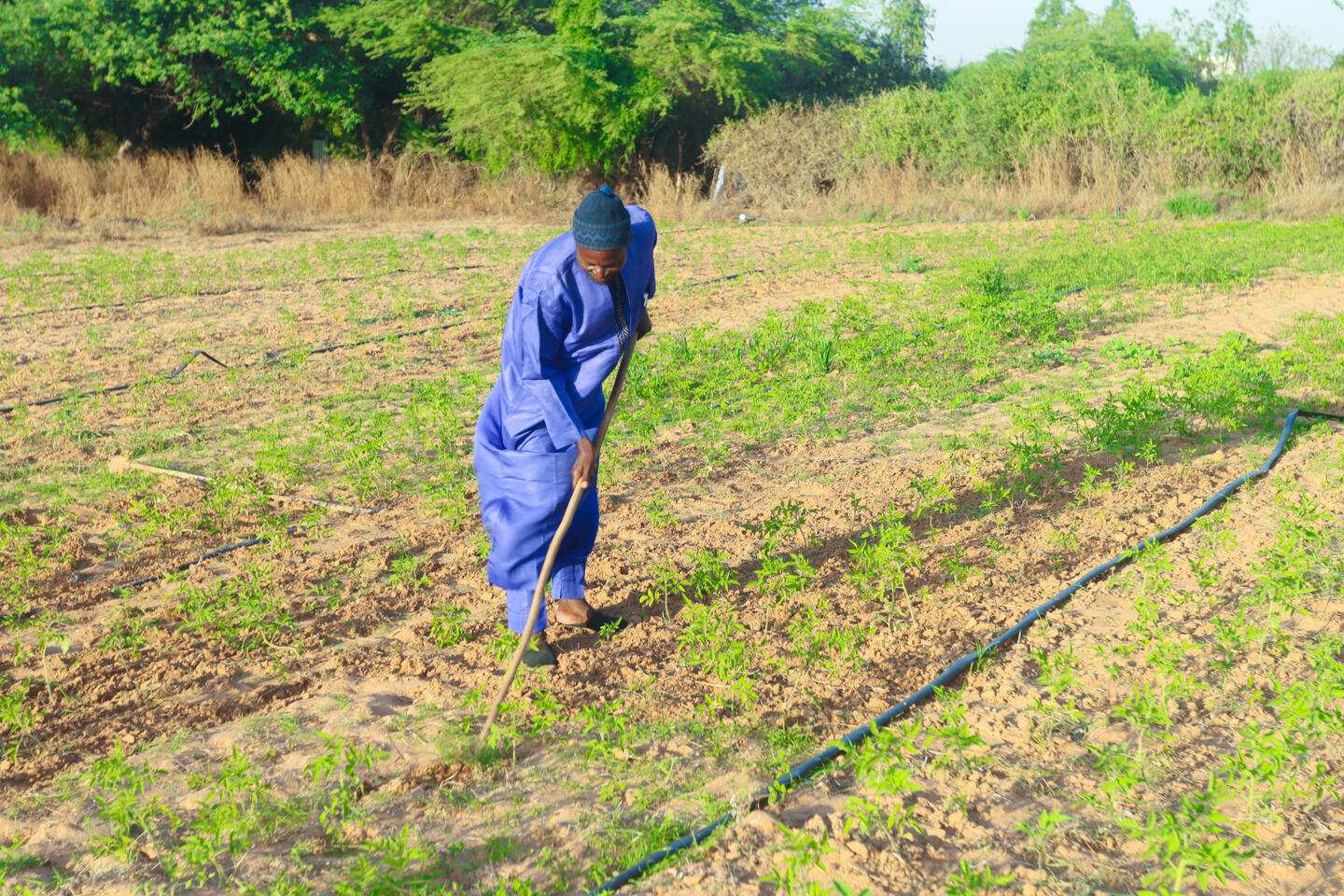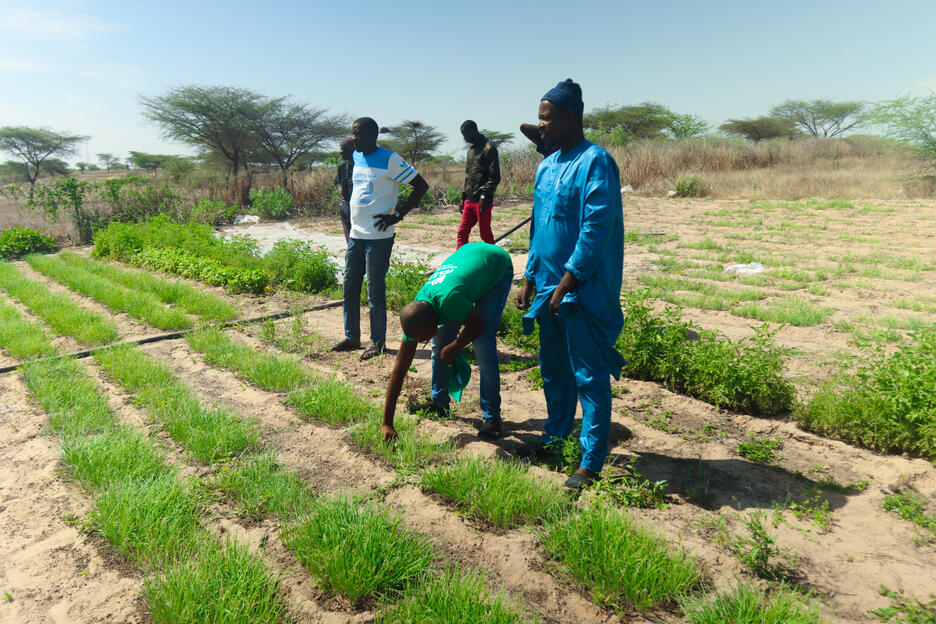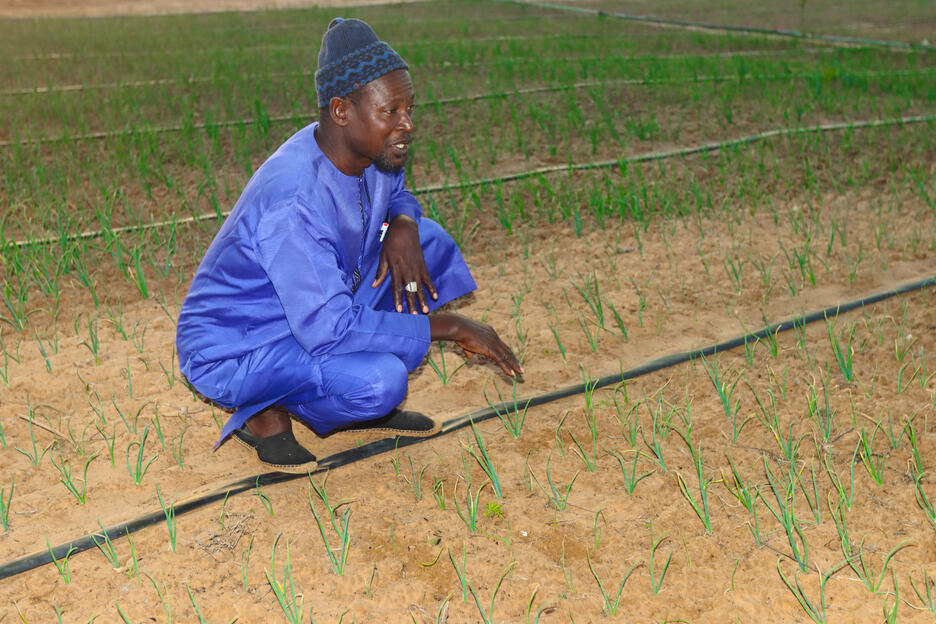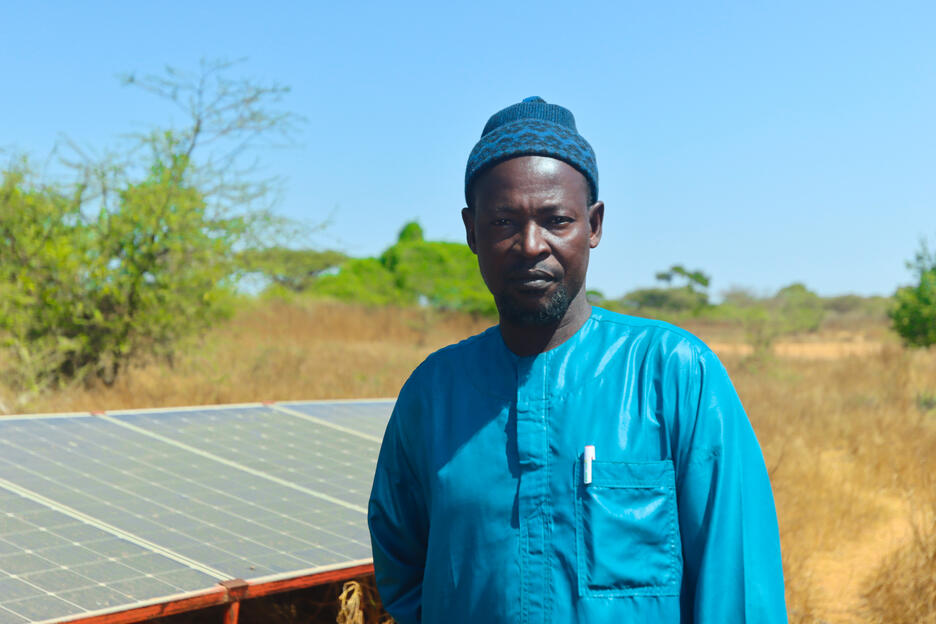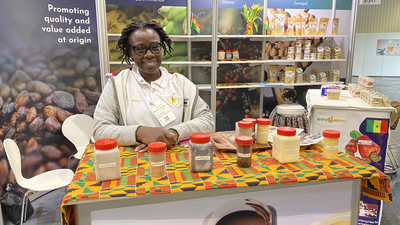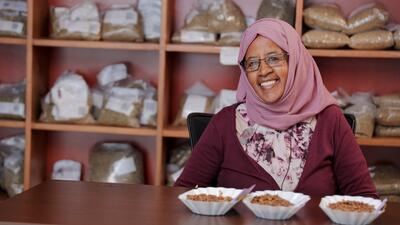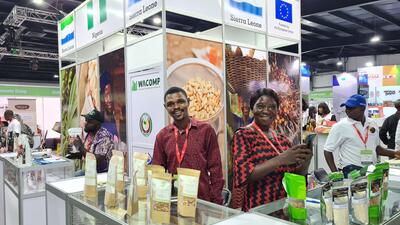
Cooperatives: A game-changer in sustainable agriculture
Trade Forum spoke with Ousseynou Gaye, the President of agricultural Cooperative CASPR in Senegal, which focuses on agro-silvo-pastoralism. This combines pastoralism (extensive livestock husbandry on pastures) and agriculture in a partially wooded environment.
CASPR tells us about the benefits that cooperatives can bring to sustainable agriculture and putting economic development first.
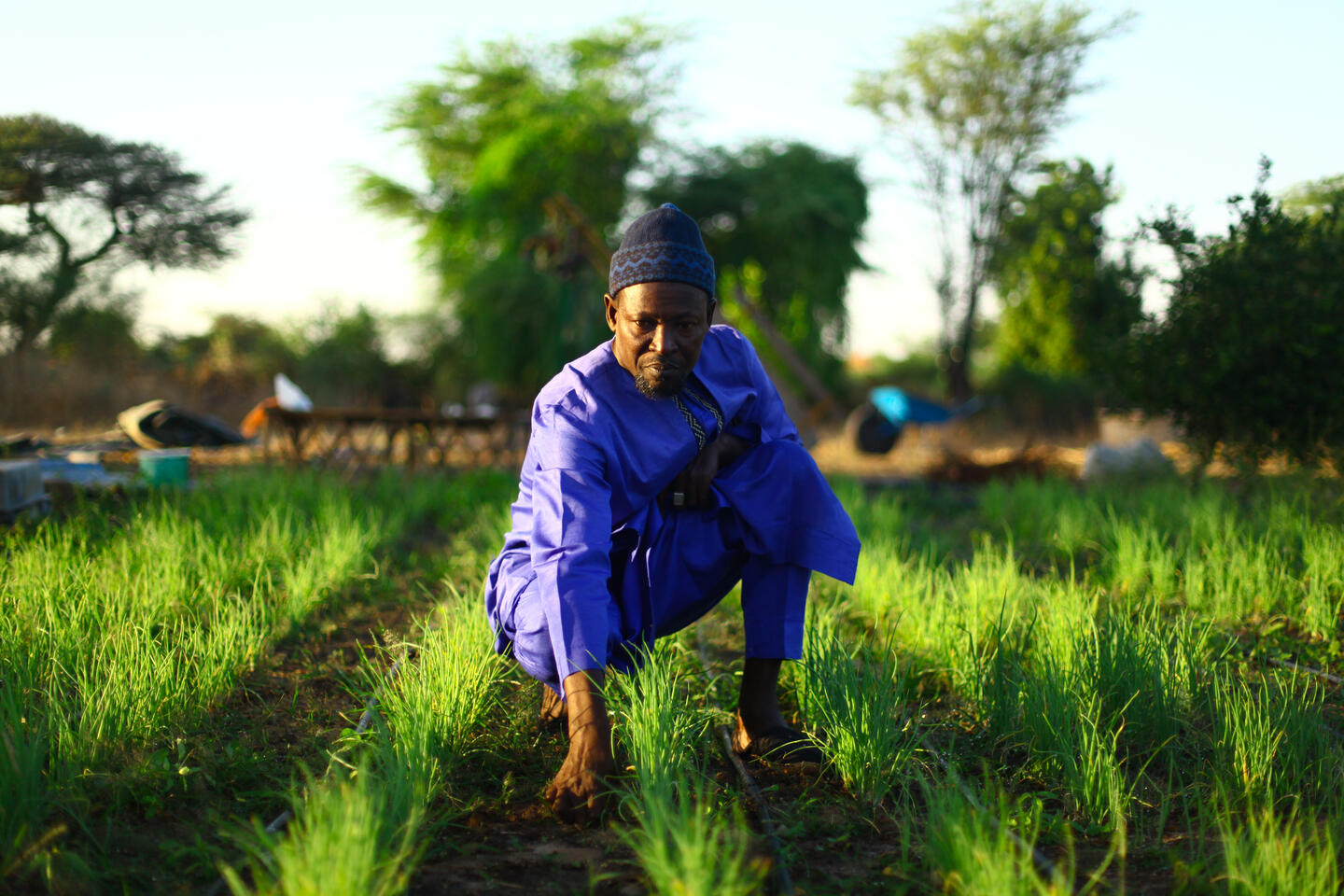
Our agricultural cooperative was established in January 2022. Located in the Niayes area in north-western Senegal, we produce onions, tomatoes, cabbage, peppers, potatoes, carrots and turnips.
We have over 30 members, including 19 economic interest groups and 12 individuals, and the cooperative is governed according to the "one member, one vote" principle.
The demand for inputs from most small-scale producers is small, partially due to their limited financial resources. For this reason, cooperatives give their members access to agricultural inputs through group orders that centralize the producers' requests.
They pool the available resources and negotiate with suppliers to obtain quality inputs not only in quantity but also at a reasonable cost. This practice allows producers to get better prices and boost their production thanks to a steady supply of inputs, including fertilizer.
As part of the 2022/2023 agricultural campaign led by the Government of Senegal, our cooperative benefited from state-subsidized agricultural inputs.
We received subsidies covering 50% of 150 tonnes of NPK fertilizer, a classic fertilizer formula that includes nitrogen, phosphorus and potassium, and 70 tonnes of urea, a solid nitrogen fertilizer.
Thanks to support from the State and technical and financial partners, our cooperative can provide its members with the technical and financial means to increase their farms’ production and productivity.
In addition, we offer training in accounting and financial management to strengthen the technical and managerial capacities of our members. Thanks to support in creating business plans, our members have easier access to secured financing from competent institutions.
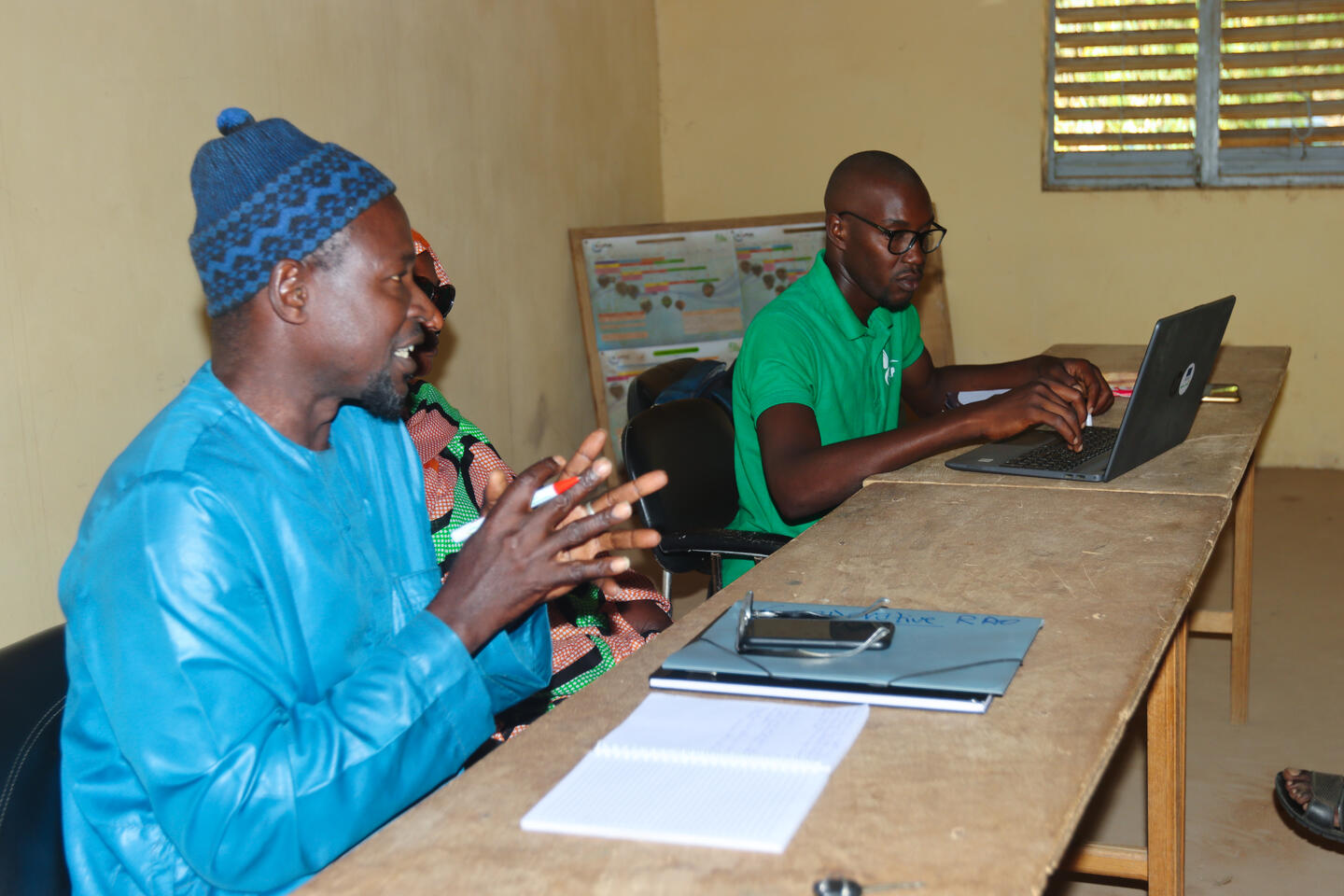
Our goal is to coach our members in sustainable agricultural practices. Our criteria are:
- Practices must be ecologically sound: they must preserve the quality of natural resources, while improving the dynamics of the agricultural ecosystem, from humans to soil micro-organisms, crops and animals. This is best achieved through proper soil management and the health of crops, animals and humans. Local resources are used to minimize losses of mineral elements, biomass and energy, and to avoid pollution. We emphasize the sustainable use of renewable resources, such as solar energy, which we currently use to operate our irrigation system.
- Practices must be economically viable: they must ensure sufficient production to guarantee the autonomy and/or income of the co-operators and provide sufficient profit to cover costs while guaranteeing sustainability. In this context, economic viability is measured not only in terms of yield, but also with criteria such as the preservation and recycling of resources and the minimization of risks.
- Practices must be socially acceptable: the distribution of resources and power must cover the basic needs of each member of the cooperative, while respecting land use rights and ensuring access to appropriate capital, technical assistance and market opportunities. Each member must have the opportunity to take part in decision-making, with regards to both using resources and managing the cooperative.
- Practices must use appropriate techniques: members must be able to adapt to the ever-changing conditions in which agriculture is evolving, including population growth, policies, and market demand. This also requires social and cultural innovation through capacity building.
